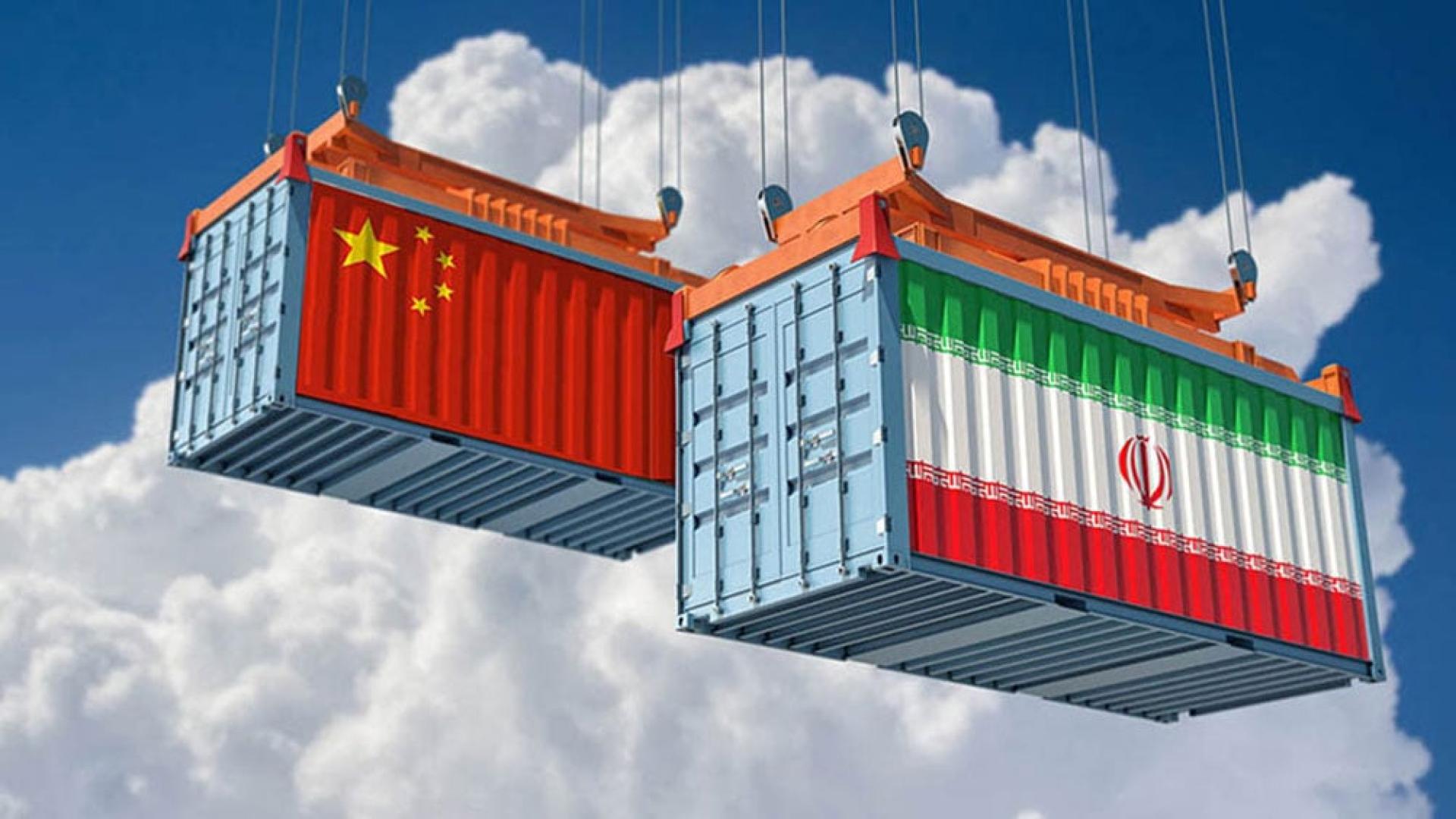Sources reveal that China ships semi-finished vehicles to Iran in exchange for copper and zinc, aiming to circumvent Western sanctions.
Bloomberg reported on the 6th, citing four sources, that this exchange of semi-finished vehicles for minerals highlights how Western sanctions are undermining the global trading system and driving a revival of the ancient practice of barter.
According to the report, every few months, an industrial town in China’s Yangtze River region produces a batch of vehicle parts. These engines and chassis are sent to various factories to be assembled into semi-finished products, which are then loaded into containers and shipped to Iran.
These semi-finished vehicles are not sold for cash, but are bartered for copper and zinc produced by Iran, supplying China’s vast metals industry.
This barter trade involves certain enterprises from Anhui Province, including Chinese automaker Chery Automobile—which raised US$1.2 billion (RM5.057 billion) in its IPO last month in Hong Kong—and China’s leading metal enterprise Tongling Nonferrous Metals Group Co., Ltd.
There is no indication that Chery Automobile, Tongling, or other Chinese companies have violated Western sanction regulations.
Sources disclosed that Chery Automobile does not trade directly with Iran, but instead sells parts and technology to a company in Anhui Province, which assembles them into semi-finished vehicles and then ships them to Iran.
US and European sanctions against Iran only target organizations and individuals from the US and Europe, as well as those transacting in US dollars or euros. This means that as long as Chinese companies continue to conduct business in Iran using the rial or renminbi, they will not violate the sanctions. Chinese law stipulates that trading with Iran is legal.
Representatives of Chery Automobile and Tongling have not responded to multiple requests for comment from Bloomberg.
